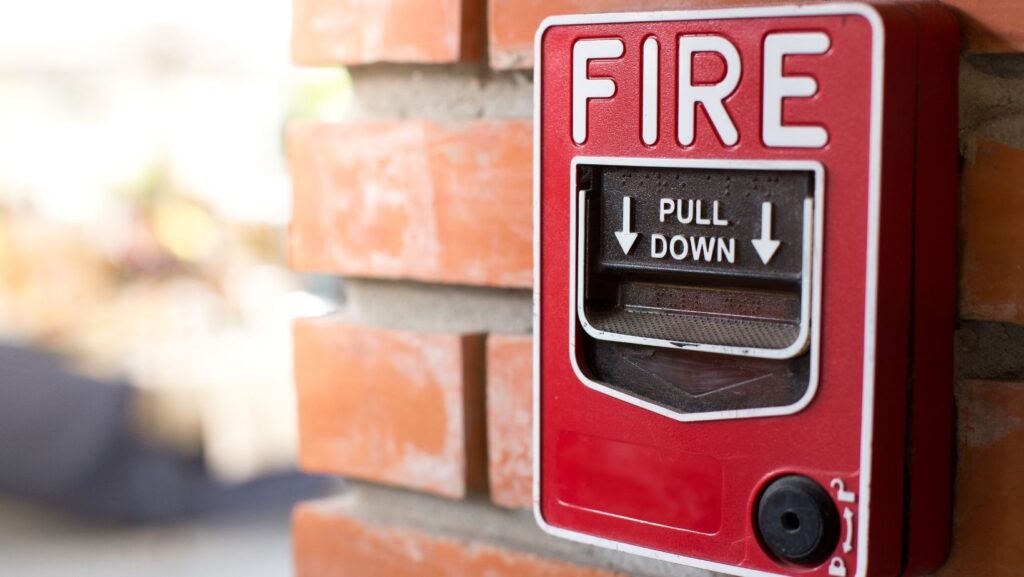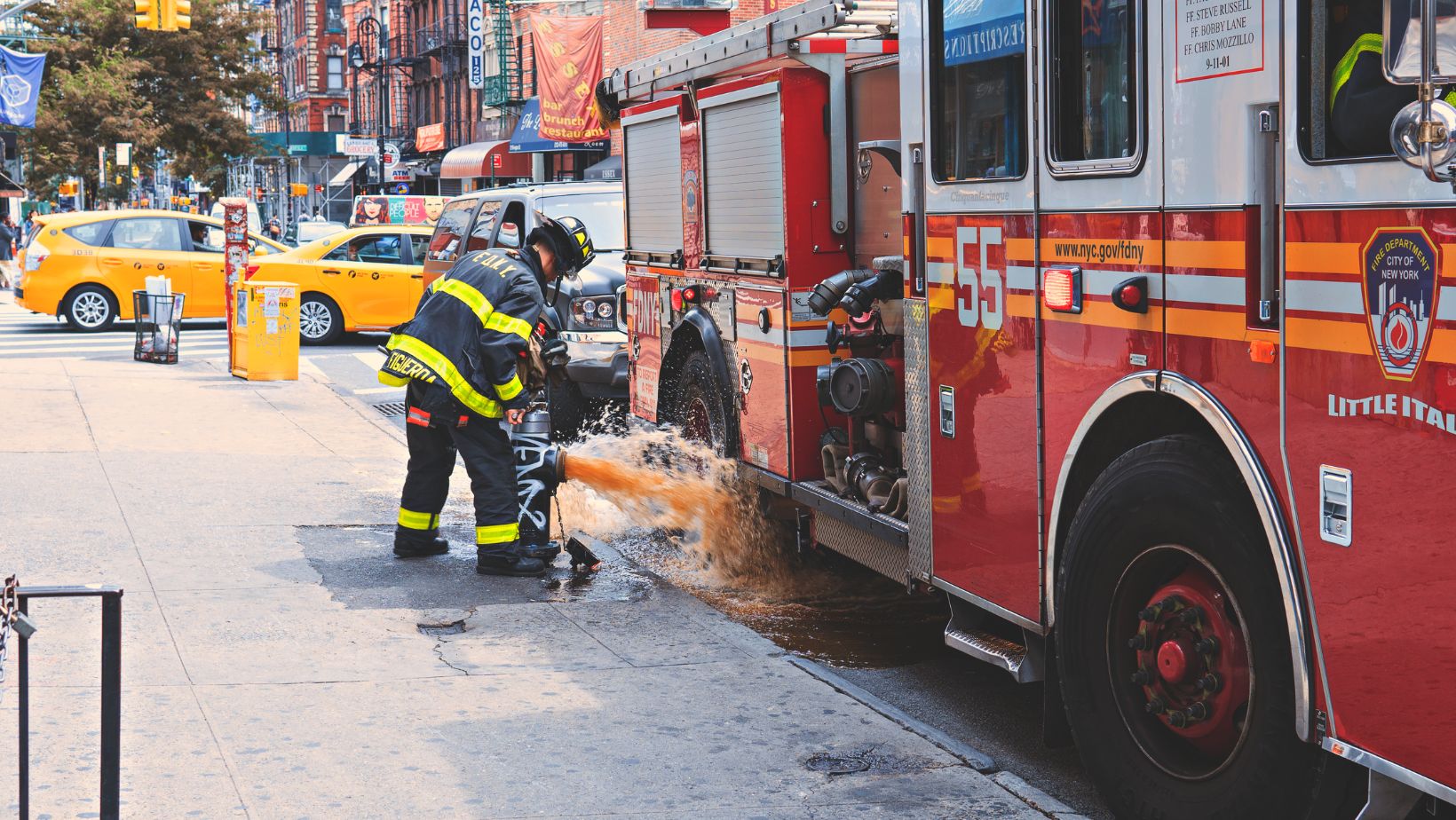Construction projects and property management in Texas come with a long list of responsibilities—ensuring fire safety is one of the most critical among them. From managing the risk of fires on job sites to complying with local codes and regulations, construction professionals and property managers must navigate a complex landscape of fire watch laws that can impact both their operations and legal liability.
Fire watch regulations in Texas are not just guidelines—they’re legal requirements that help protect workers, residents, and assets. Understanding what these regulations entail, when they apply, and how to comply with them is essential for avoiding costly penalties and mitigating fire-related risks.
Why Fire Watch Services Are Critical in Texas
Texas is home to a growing number of urban developments, construction projects, and aging buildings undergoing renovation. In these environments, fire hazards are more than just a theoretical concern—they are a daily operational reality. A fire watch is required whenever a fire alarm system, sprinkler system, or water supply is malfunctioning or absent, and the risk of fire increases.
Construction sites, in particular, are at high risk due to the presence of flammable materials, open flames (such as during welding), and incomplete safety systems. Property managers also face similar risks during times when fire protection systems are under maintenance, have failed, or have not yet been installed in a new building.
When fire protection is compromised, the National Fire Protection Association (NFPA) and local fire codes mandate that a dedicated fire watch must be in place. This ensures someone is actively monitoring for signs of fire, ready to alert emergency services, and capable of guiding evacuations if needed. For professionals managing multiple projects or large-scale buildings, ensuring compliance with these regulations is not optional—it’s vital.
Understanding Texas Fire Watch Regulations
Texas fire watch requirements are primarily shaped by local fire codes and ordinances, often based on national standards like the NFPA 101 (Life Safety Code) and the International Fire Code (IFC). However, implementation and enforcement vary by jurisdiction, meaning construction firms and property managers must stay informed about local rules in cities like Houston, Dallas, Austin, and San Antonio.
The core regulations typically require:
- Immediate fire watch deployment when fire safety systems are impaired for more than four hours in a 24-hour period in an occupied building, or immediately in unoccupied construction sites.
- Trained personnel who are capable of identifying fire hazards, sounding alarms, and contacting emergency services.
- Documentation of fire watch activities, including patrol intervals, observations, and any incidents or anomalies.
- Continuous monitoring, especially during non-working hours on construction sites or overnight in residential/commercial buildings.
Failing to meet these standards can lead to hefty fines, stop-work orders, or in severe cases, criminal liability if negligence leads to property damage or loss of life.
Responsibilities of Property Managers and Site Supervisors
For property managers and site supervisors, the responsibility doesn’t stop at hiring someone to patrol the premises. Fire watch regulations expect active oversight of fire safety protocols. This includes:
- Ensuring that fire watch personnel are properly trained and certified.
- Maintaining clear lines of communication with local fire marshals and inspectors.
- Keeping up-to-date logs of fire watch activities.
- Coordinating the repair or restoration of fire protection systems as quickly as possible.
Moreover, liability does not fall solely on the fire watch guard—it also rests on those managing the property or project. Hiring unqualified individuals, skipping fire watch duties to cut costs, or failing to report hazards could result in serious legal and financial consequences.
Choosing the Right Fire Watch Provider
Selecting a reliable fire watch service is one of the most effective ways to ensure compliance and safety. In a state as large and diverse as Texas, you need professionals who not only meet national fire safety standards but also understand the unique regulatory requirements of your specific location.
That’s where the Fast Fire Watch Guards – Texas division becomes a valuable resource. Their teams are experienced in handling high-risk environments and emergency situations across Texas, offering fully certified guards trained to respond quickly and professionally. With coverage in major cities and remote areas alike, they’re equipped to provide support that’s both compliant and responsive to the pace of modern construction and property operations.
Whether you’re dealing with a short-term fire alarm outage or a long-term construction project, having a fire watch provider on standby ensures you’re not caught off guard.
Tips for Staying Compliant and Fire-Safe
To stay on the right side of Texas fire safety regulations, consider the following best practices:
- Plan fire watch coverage early. Don’t wait for an emergency to think about hiring a fire watch service. Build it into your risk management plans.
- Communicate with local fire authorities. Fire marshals can provide guidance on what’s required in your jurisdiction.
- Invest in training. If you employ in-house guards, make sure their training meets NFPA and local code standards.
- Document everything. Keep detailed records of all fire watch activity—it may be essential if you’re ever audited or investigated.
Conclusion
Fire watch regulations in Texas are not arbitrary—they’re built on hard-earned lessons from fires that caused irreversible damage. For construction companies and property managers, compliance is about more than just meeting legal standards; it’s about protecting lives, preserving investments, and maintaining the integrity of your operations.
With the right fire watch partner and a clear understanding of the laws, you can take control of fire risk before it controls you. Whether you’re managing high-rise construction in Houston or a residential property in El Paso, make fire safety a non-negotiable part of your strategy.



More Stories
3479980831: Unveiling the Mystique of Number Sequences
HomeRocketRealty.com: Revolutionizing the Real Estate Experience
Boosting Property Value with Level 2 Electrician NSW: How I Ensured My Home Is Safe and Reliable